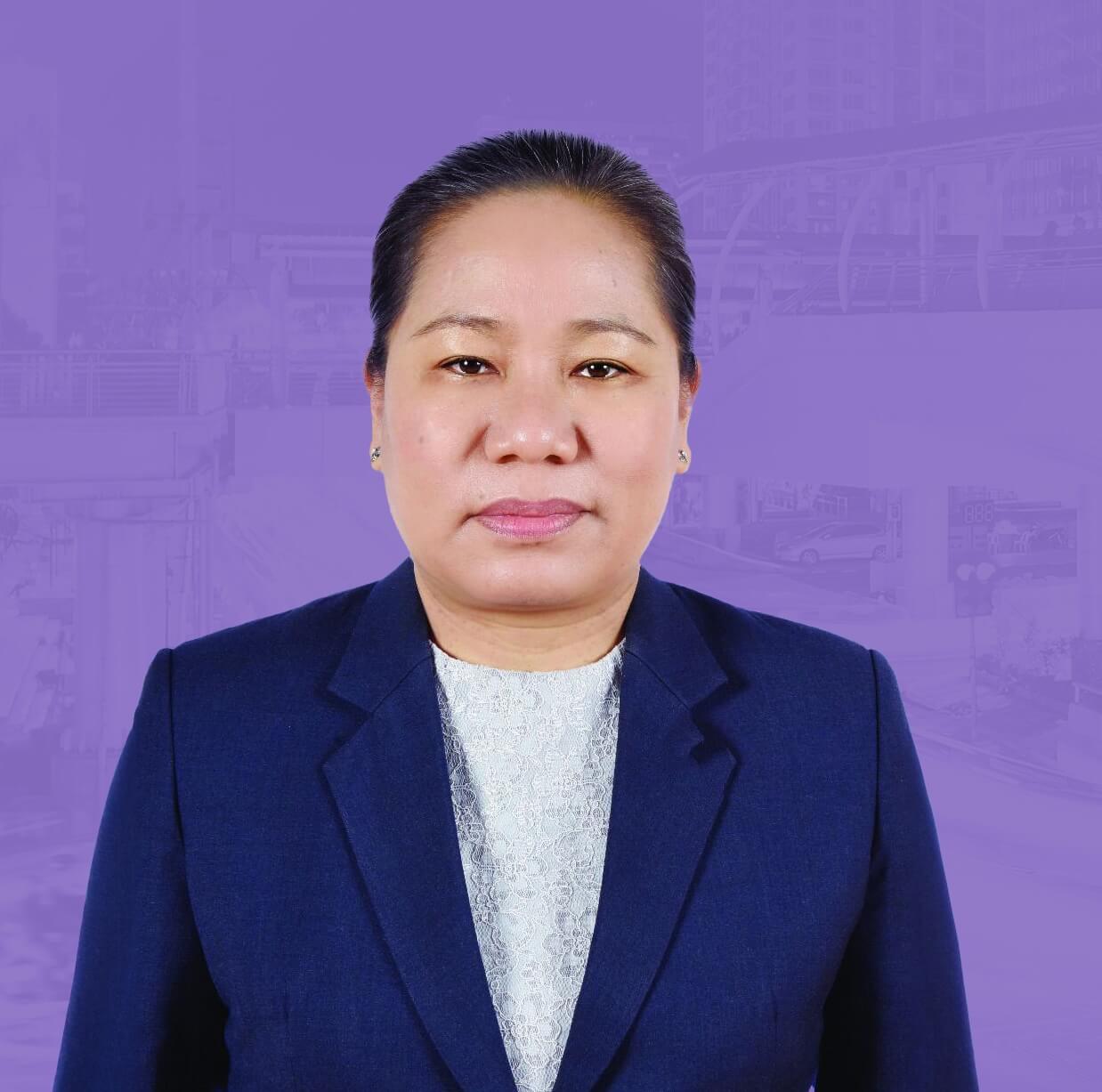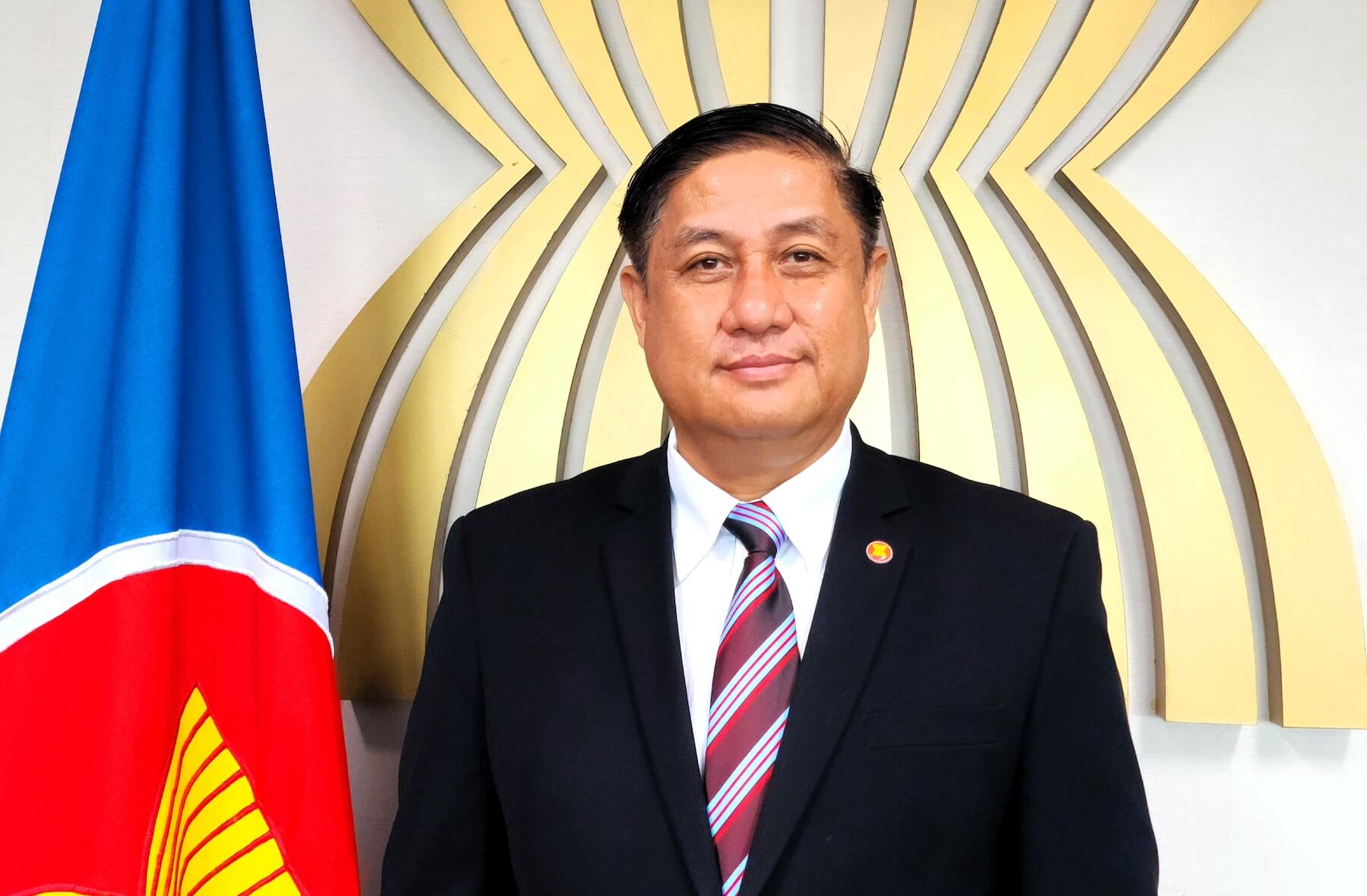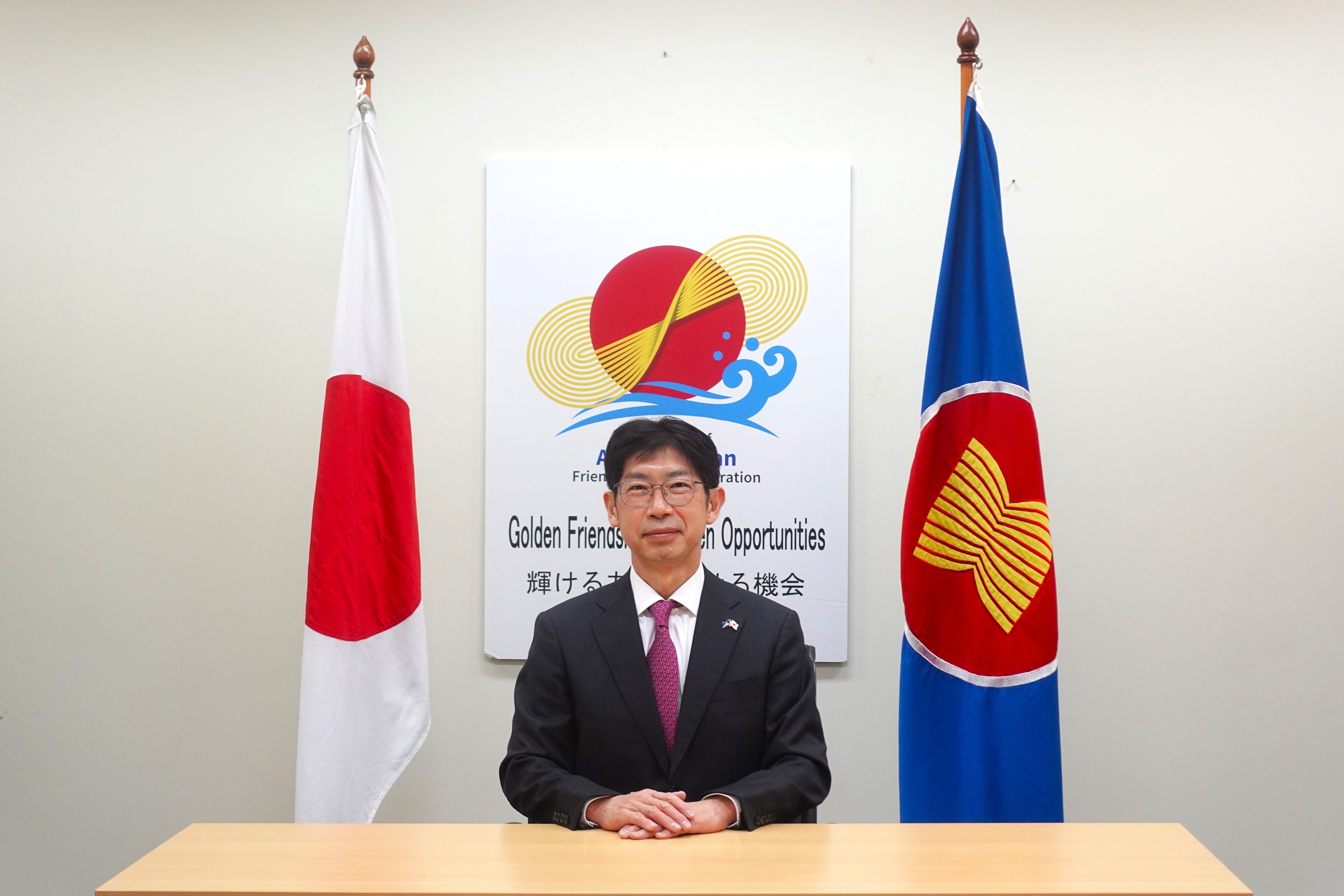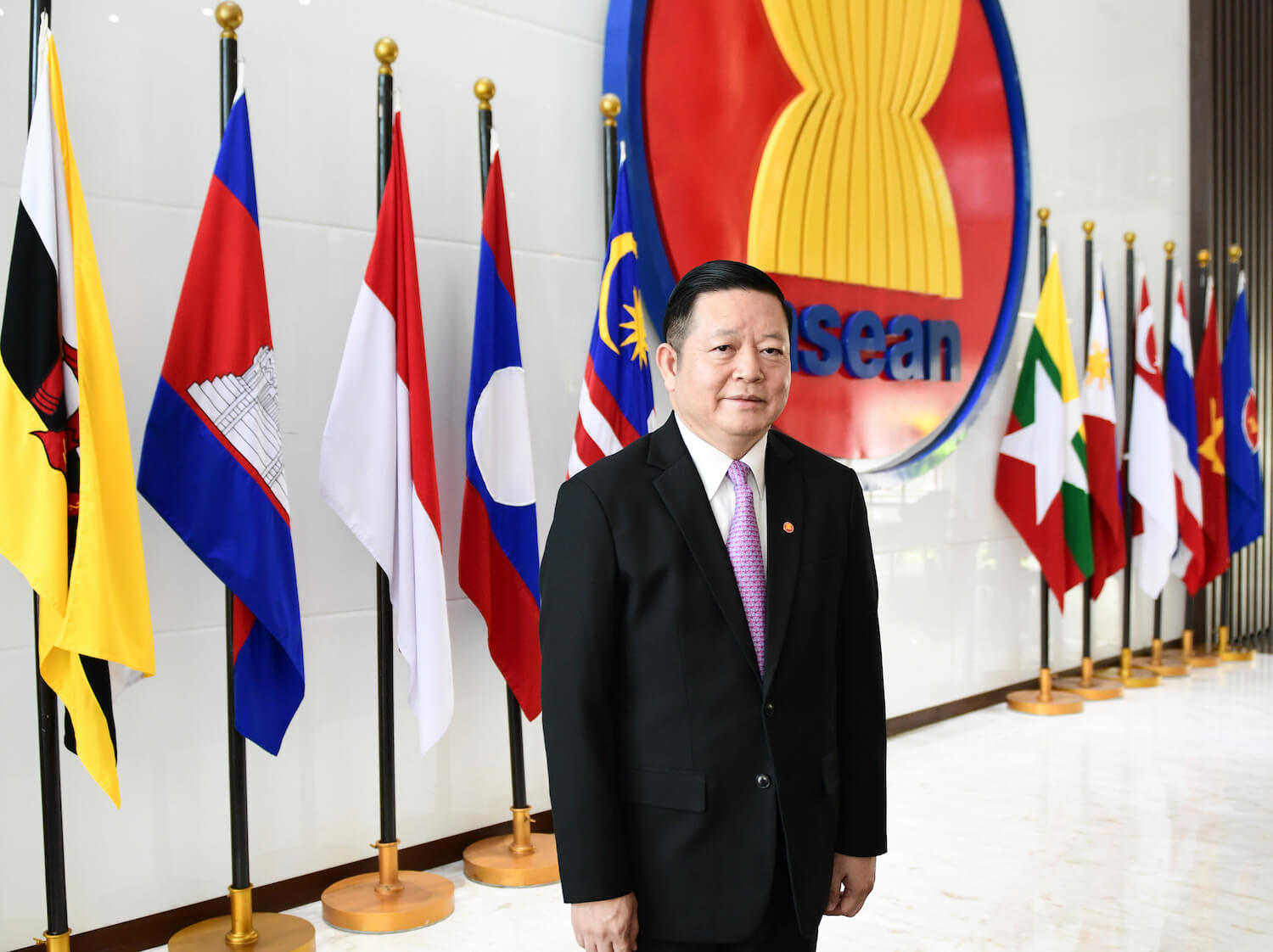
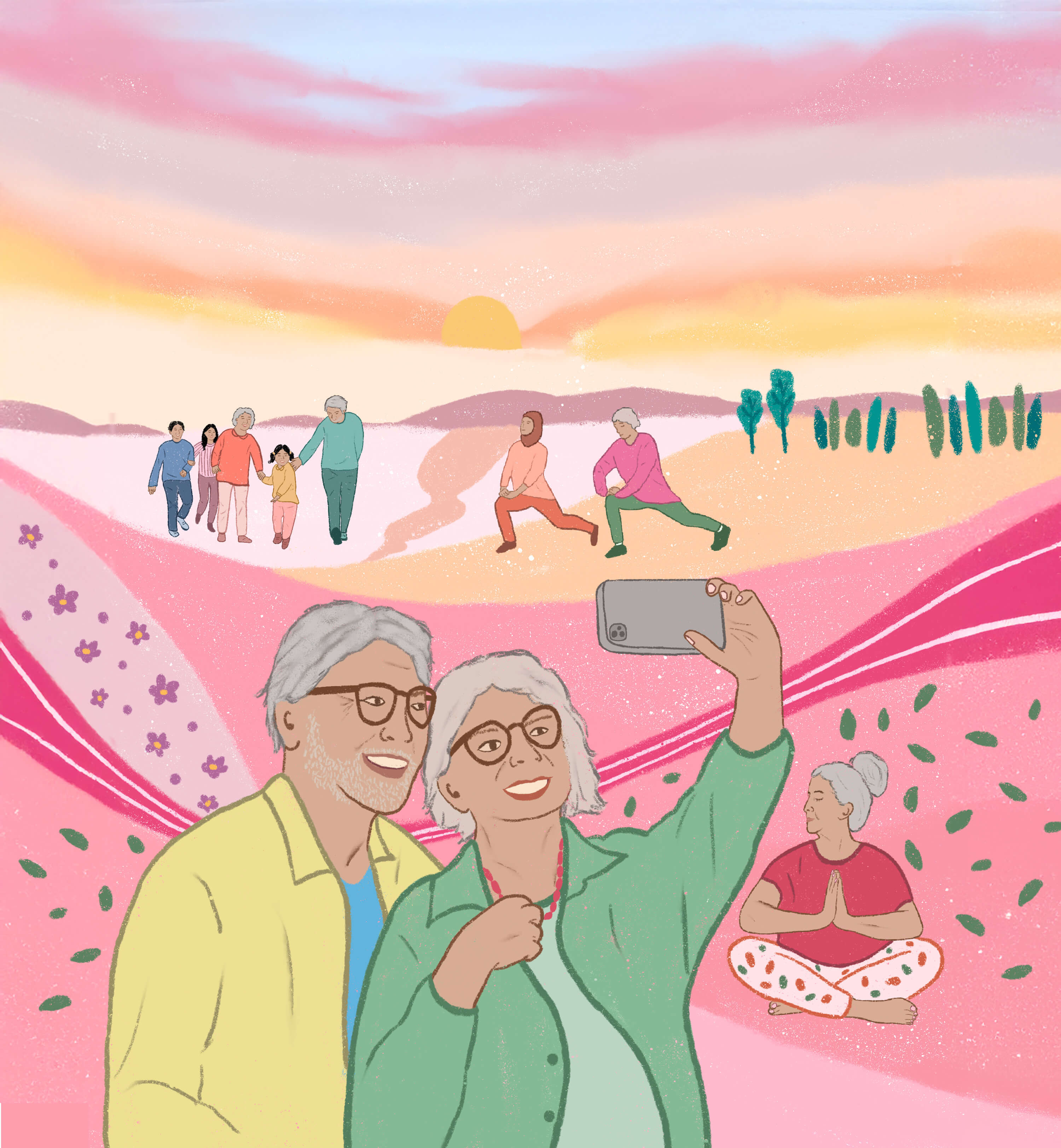

Dr. Kao Kim Hourn began his five year-term as Secretary-General of ASEAN on 1 January 2023. He served two terms as Secretary of State of Cambodia’s Ministry of Foreign Affairs and International Cooperation (2003-2013) and two terms as Minister Delegate attached to the Prime Minister of Cambodia (2013-2022). He is the author of dozens of books and articles on Cambodia and ASEAN. Dr. Kao established The University of Cambodia in 2003 to provide quality education to disadvantaged youth. He served as the university’s president until he stepped down in October 2022.
Dr. Kao recently sat down for an interview with The ASEAN magazine’s Editor-in-Chief and the ASEAN Secretariat’s Corporate Affairs Director to discuss the region’s most significant challenges and his priorities for the next five years. Dr. Kao also shared his views on how the youth can be more engaged in shaping their future and building a stronger and more resilient ASEAN community.
Secretary-General, what are your priorities for ASEAN in the next five years?
As I take office as the 15th Secretary-General of ASEAN, I take pride in what has been achieved in the previous years. Together, we can look ahead to the work that must be done for the next five years, and I have identified important priorities or what I call “The Six Ps.” First, maintaining peace, stability, and security in the region remains vital to ASEAN. Second, building on prosperity that ASEAN, both collectively and individually, has achieved up to now remains important. Third, focusing on the priorities of the planet, especially the environment, climate change, and the green economy, remains necessary. Fourth, it is the people that we need to empower—especially the youth—to further strengthen ASEAN Community building, ASEAN integration, and people-to-people ties. Fifth, it is essential to further enhance partnerships within ASEAN and also with external partners. Sixth, certainly, transforming ASEAN’s various potentials into tangible benefits for the ASEAN Community is an important priority.
You are coming in at a very challenging time. The pandemic is not over; there is a global economic downturn; there are increasing threats from major power rivalry for the region, climate change, and environmental degradation. What do you think are the biggest challenges and opportunities for ASEAN?
We have to make sure that the prosperity agenda of ASEAN remains a top priority, and ensure economic development for our people. At the same time, we cannot take peace, stability, and security for granted.
ASEAN has to continue what it has been doing in the past 56 years, which has been the strong foundation for the region. A lot of countries, including external partners, whether the dialogue partners, sectoral partners or development partners, have a lot of confidence and trust in ASEAN, because they believe in what we are doing and in all of the achievements that we have made until now.
So moving forward, it is important that ASEAN maintains this important positive outlook—and, of course, optimism—and continues to manage the growing expectations of the people. People expect more from ASEAN, and that is why we have to make sure that we have a pragmatic, flexible, realistic approach to what we are doing with regard to our ASEAN Community building.
For example, now there are expectations that ASEAN should be the one to resolve the Myanmar issue very quickly, very fast. They expect a quick fix to the Myanmar issue. But this is an ongoing issue and we have to give it time. Under Indonesia’s chairmanship this year, I am confident that the implementation of ASEAN’s five-point consensus will guide the work of the ASEAN Chair’s Special Envoy Office to continue to constructively engage with Myanmar, to help restore peace and stability in the country.
And then, of course, there are the ongoing geopolitical challenges. ASEAN must maintain its centrality and continue to foster strategic trust, mutual understanding and communication with all amidst the challenges. ASEAN has conducted its business through a habit of consultations and a culture of dialogue that embraces inclusiveness, openness, and transparency. That is why ASEAN has earned the confidence and trust of our dialogue partners and external partners.
I think we should continue to work on tension reduction and the enhancement of strategic trust within this region. At the end of the day, we see that those countries that are in tension, they are also friends and partners of ASEAN. It is important for us to continue to use all ASEAN-led mechanisms that we have to build bridges between and among those countries, whether through the East Asia Summit, the ASEAN Regional Forum, the ASEAN Plus Three, the ASEAN Plus One mechanism, and the ASEAN Defense Ministers’ Meeting (ADMM) Plus, among others. At the end of the day, we have to work to advance the shared interests of our region and the people of ASEAN.
The youth have many expectations, a lot of concerns and anxieties for the future, and they also want a larger part in shaping their future. What do you think should be the youth’s role in ASEAN Community building?
Youth are the future leaders, the future belongs to them, and what we have to do is, of course, to make sure what we are doing today is a long-term investment for them. We have to prepare for their constructive contributions to the long-term future of our region. This means that they have to be better educated, better trained, and have better skills so that they are prepared for the challenges ahead.
No doubt, the challenges are many. And that is why it is important for us to continue to invest in our youth, and make sure that all the resources that we have today are sustainable for tomorrow, the planet, and the environment. Also, our youth need to get to know each other in the region. While there is increasing connectivity, the youth are not well-connected at the moment. They need to know each other more.
ASEAN is for all of our youth. At the same time, they also need to support ASEAN. They will be the drivers and they will also help set the ASEAN agenda. And that is why it is important for them to embark on getting to know more about ASEAN, support what ASEAN is doing, and get to know our region better. The youth’s participation would be the key. By participating in the various activities, programmes, and projects of ASEAN, they will learn more, know more, and appreciate why ASEAN matters to them.
ASEAN continues to move forward with the building of the ASEAN Economic Community where the future is expected to be a single market and production base. At the moment, we are able to attract a lot of investments. We also are able to increase trade and investment with various partners and countries. With 667 million people, ASEAN is third in the world today in terms of population size. We are primed for growth. It is important for us to continue our economic integration, and make sure that ASEAN will be for all, including the governments, private sector, and especially for our youth, among other stakeholders. Our youth have a big role to play from now on. And their participation in the ASEAN Community building is important for the future of ASEAN.
Last year, the first ASEAN Youth Dialogue was held, and the second one is coming up this year. Youth representatives came up with policy recommendations and presented them to the leaders. The question often asked is, are their voices being heard? What are the leaders doing about the recommendations that are given to them? What can ASEAN do to institutionalise the youth’s participation?
Well, of course, the ASEAN leaders are very much aware of this. And that is why the leaders have an annual dialogue and interface meeting with our youth. That is one mechanism that has been established for some time already, where every year, the ASEAN leaders meet with the ASEAN youth representatives in order for the leaders to engage, to hear their voices, and to listen to their needs, concerns, interests, and recommendations. At the same time, there are also ASEAN youth camp programmes where youth can learn from one another, and share their experiences.
For our ASEAN youth, there are all kinds of other activities, not only within ASEAN but also with our dialogue partners like China, Japan, the Republic of Korea, the United States of America, Australia, India, and the European Union. We have the Ship for Southeast Asian and Japanese Youth Program (SSEAYP) where they share their lives onboard a ship, introduce each other about their countries, and participate in discussions and various exchange activities as they travel together. There are also regular youth summits with our partners such as India, the Republic of Korea, Australia, and the European Union.
These activities go a long way to promote the aspirations, interests, and priorities of our youth. Of course, more can be done to encourage them to realise their great potential. For example, right now, we are raising awareness by asking our dialogue partners to provide ASEAN scholarship opportunities for our youth, so that more scholarships could be offered to the young citizens, and they are able to benefit from these kinds of programmes, and at the same time it is an investment in the relationships between ASEAN and the respective external partners.
Hopefully, in the future, each ASEAN Member State will also offer scholarships for our youth under the ASEAN programme. This would be one way to promote youth development within ASEAN. We should learn from one another as much as possible through school programmes, university exchange programmes, and so forth.
The ASEAN Youth Work Plan 2021-2025 is based on five areas, education, health and well-being, employment and opportunity, participation and engagement, ASEAN awareness, value, and identity. What do you think still needs to be done in terms of meeting those goals of the youth plan right now, especially in dealing with the setbacks of the pandemic?
I think the most important thing is how to prepare our youth better so that they can be in a better position to address future challenges. The most important thing is how to train them, and get them involved, particularly in the ASEAN Community-building process as early as possible. We also need to make sure that they have sufficient experience and exposure, and particularly of course, how they will be able to work together within ASEAN. Awareness of ASEAN, and awareness of all priorities of our region are important as they need to know and fully appreciate, as well as direct their attention to actions.
And certainly, of course, what the future will lie for them, particularly in relation to ASEAN. ASEAN has been here for 56 years already, and we will need to continue to deepen economic integration and enhance our ASEAN Community building for the long term. It is all for the future generations.
ASEAN integration is a long-term process. We need to ensure that we get the youth to be involved as much as possible and as early as possible in all the activities of ASEAN that we can get them involved so that they can become not only supporters but also key players in the ASEAN Community building.
What would be your message to the youth now? Coming from your generation, you have probably been through difficult challenges as well. What would you tell our youth today?
Certainly, I will tell them that they are very fortunate. They have the whole future to themselves. Youth today have so much freedom and opportunities. They should use the time that they have today to learn, to acquire skills, and to build their future. They should have the dreams, the ambitions, and the courage to pursue their future, with the right mindsets.
I think they have so much ahead of them. The time they have now is that they should enjoy their life while they are in school. They should also use this time to really think about their aspirations, do a lot more readings, build good habits, especially a reading habit, and do good work to support ASEAN. We should also build a culture of resilience and diligence for our youth, and also make sure they have all the skills that they need so that they can plan ahead.
I think it is now the best time for our youth, because compared to the previous times or previous generations, our ASEAN youth have a wonderful future ahead of them.
What was it like growing up during the Khmer Rouge era and how did you manage to survive that tragic ordeal?
It was a very difficult time of my life. For those who survived, they had the will to live and the ability to endure the pain and the suffering that was imposed upon them by the Khmer Rouge regime at that time. It was also the ability to endure hunger, because the people of Cambodia at that time faced more than three years of starvation, hardship, and genocide. I think this is something that the world should learn, and that history should never repeat itself.
You spent many years in the United States before coming back to Cambodia. What were the most important learnings that you had from your life in the US?
Of course, I had learnt many things during my time in the US, but one thing is for sure, nothing is impossible. When I went to the US, I did not know any English. When I was in Cambodia, at the time when the Khmer Rouge took over, I was only in my second grade. But in the US, there were many opportunities. Truly, there was a great opportunity for me to go to school, to learn, and to prepare myself for the future.
Undoubtedly, I was able to capitalise on the opportunity that I had. I was able to finish high school in just about three years and then went on to university. And from there, I just kept moving. I think the goal is to keep working on what you are interested in, and what you are so passionate about, and to stay focused on your goal in life and work diligently.
So for me, I think the opportunities are there. Opportunities are, in fact, all around us. Just identify what you are truly interested in, work on it, and fully concentrate on the tasks before you. Nothing is impossible, when you put your mind, your efforts, and your energy to work.
Secretary-General Dr. Kao Kim Hourn was interviewed by The ASEAN’s Editor-in-Chief Mary Kathleen Quiano-Castro and Director Lee Yoong Yoong of the Community Affairs Directorate, ASEAN Community and Corporate Affairs Department.




